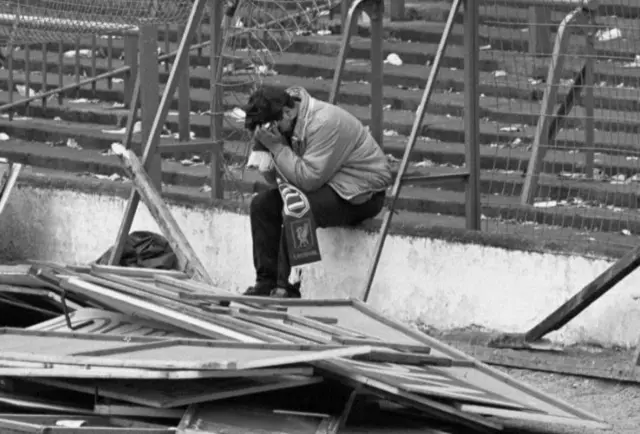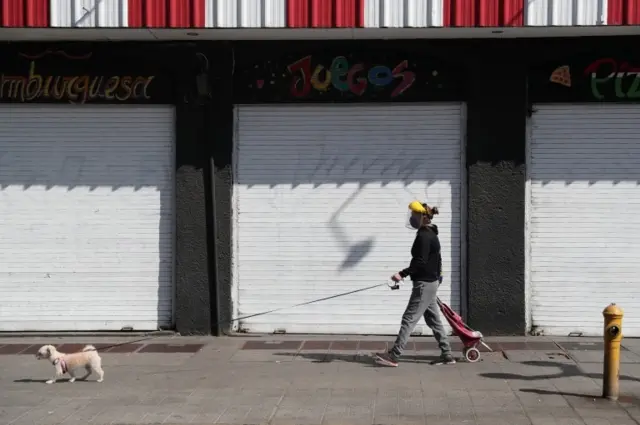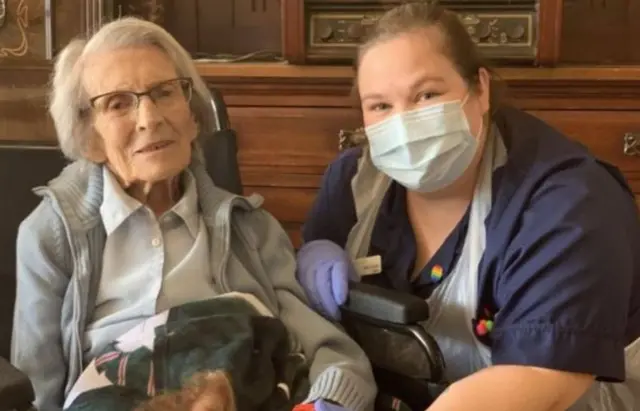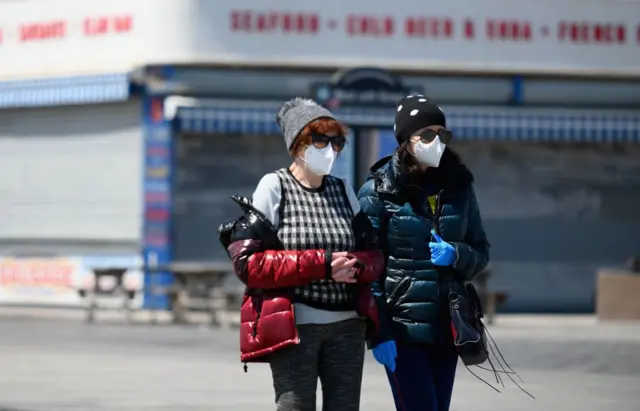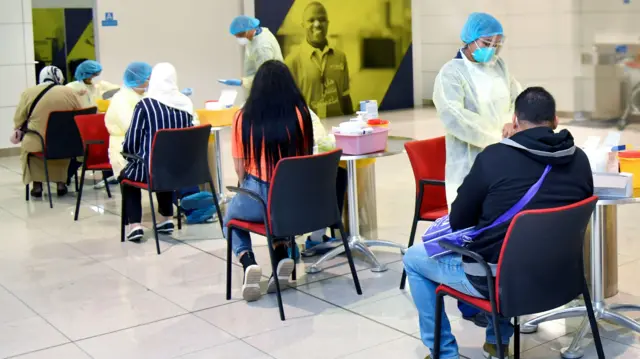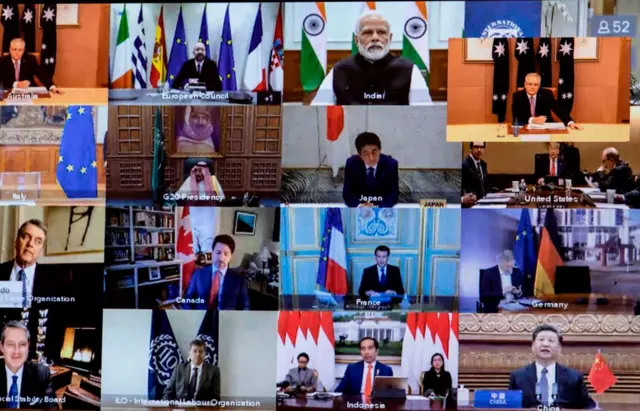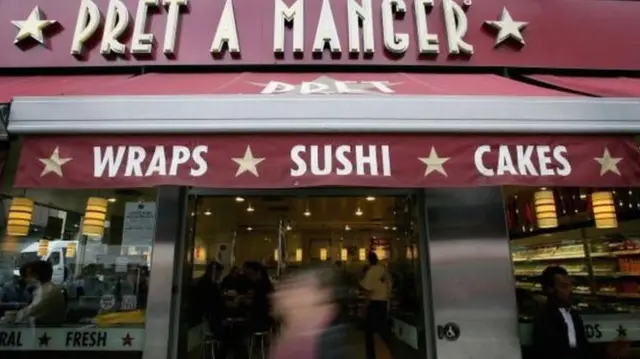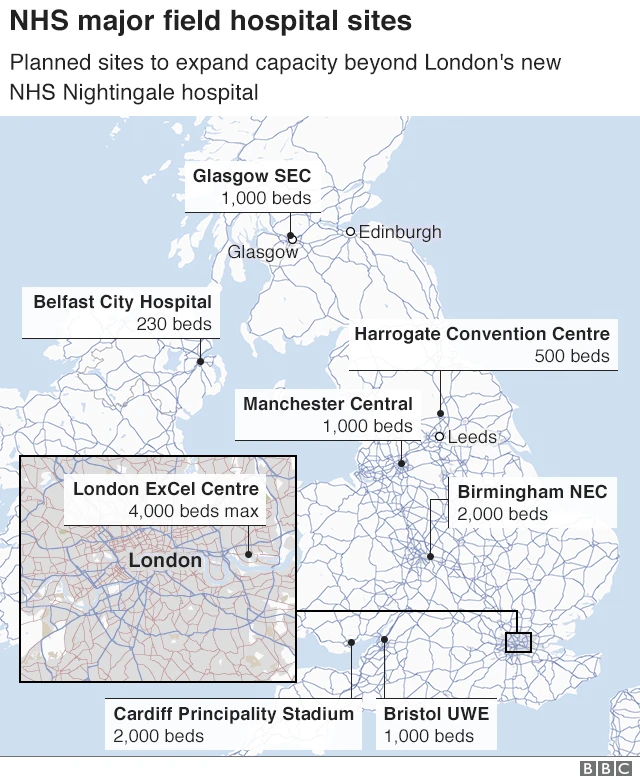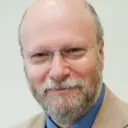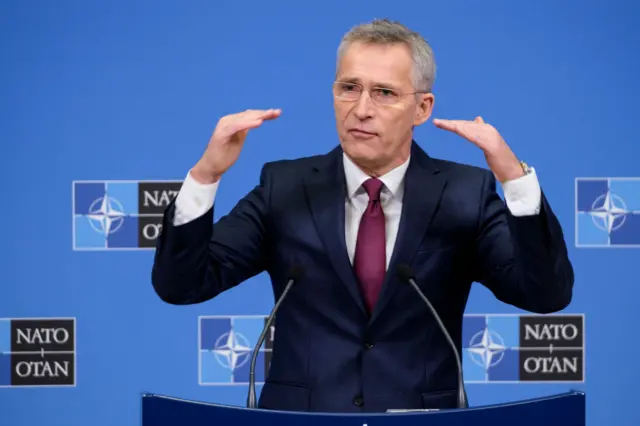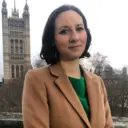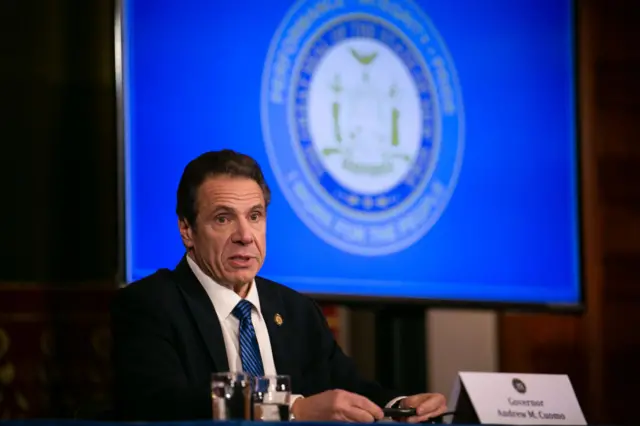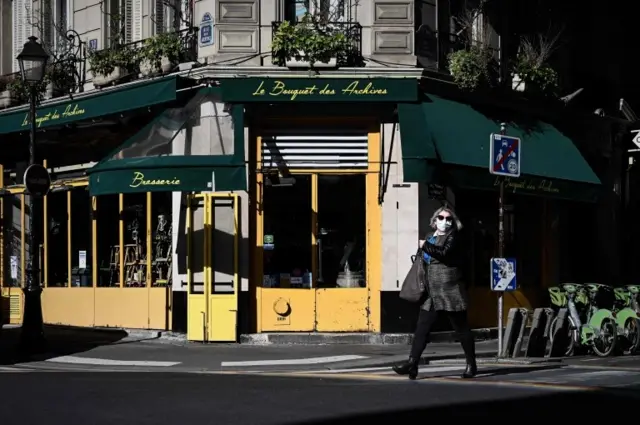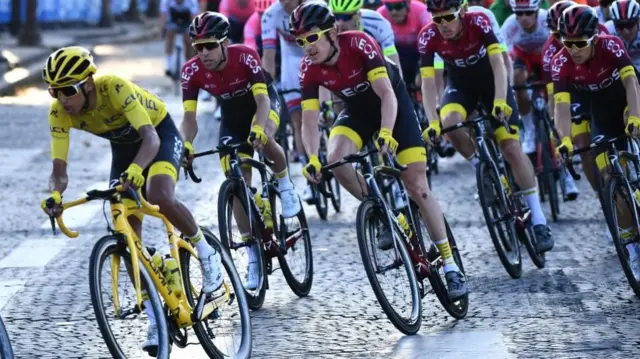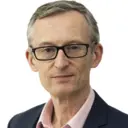What's been going on in the US?published at 21:26 BST 15 April 2020
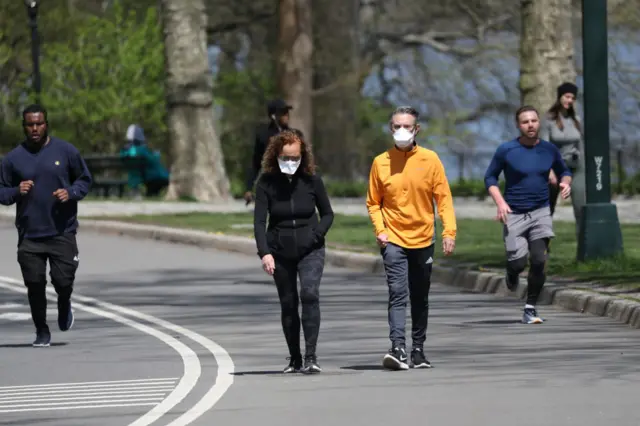 Image source, Getty Images
Image source, Getty ImagesHere's what's been going on across the US:
- There are now close to 620,000 confirmed coronavirus cases in the US, and 27,760 deaths
- The pandemic led to the US’ biggest-ever drop in retail sales in March, as states issued stay-at-home orders and many Americans became unemployed
- New York Governor Andrew Cuomo on Wednesday announced a new order requiring residents to cover their faces in public spaces where social distancing isn’t feasible, like on public transport
- President Trump’s name will appear on the economic stimulus cheques being sent out to millions of Americans struggling financially due to the pandemic - the first time a president’s name will appear on a federal handout
- Actress Taraji P Henson’s free Covid-19 virtual therapy campaign, which covers the cost of up to five therapy sessions for African Americans launches today
- Conservatives in Michigan blocked off streets in their cars to protest the governor's decision to extend a strict stay-at-home order through the end of April
Allow X content?
This article contains content provided by X. We ask for your permission before anything is loaded, as they may be using cookies and other technologies. You may want to read X’s cookie policy, external and privacy policy, external before accepting. To view this content choose ‘accept and continue’.
